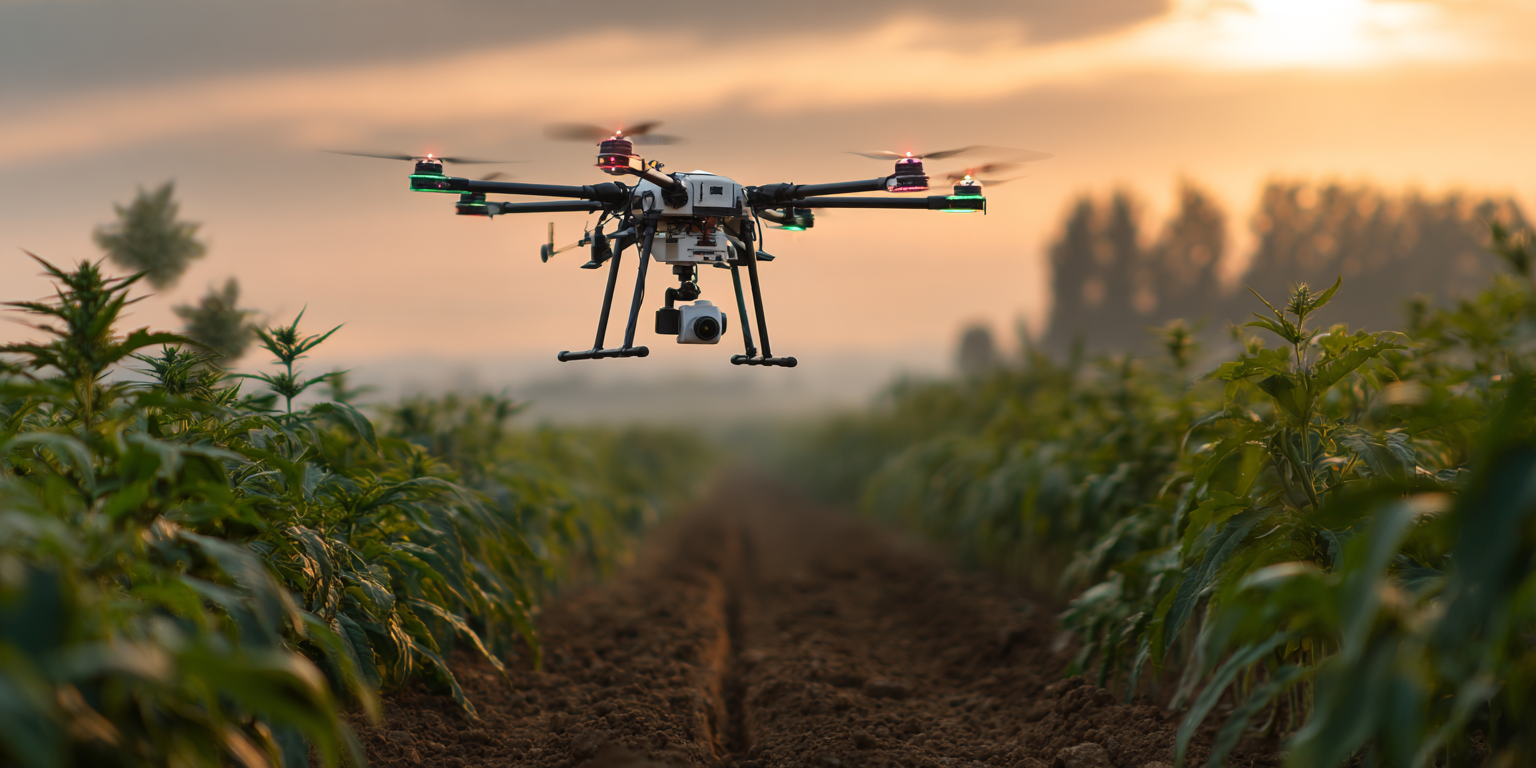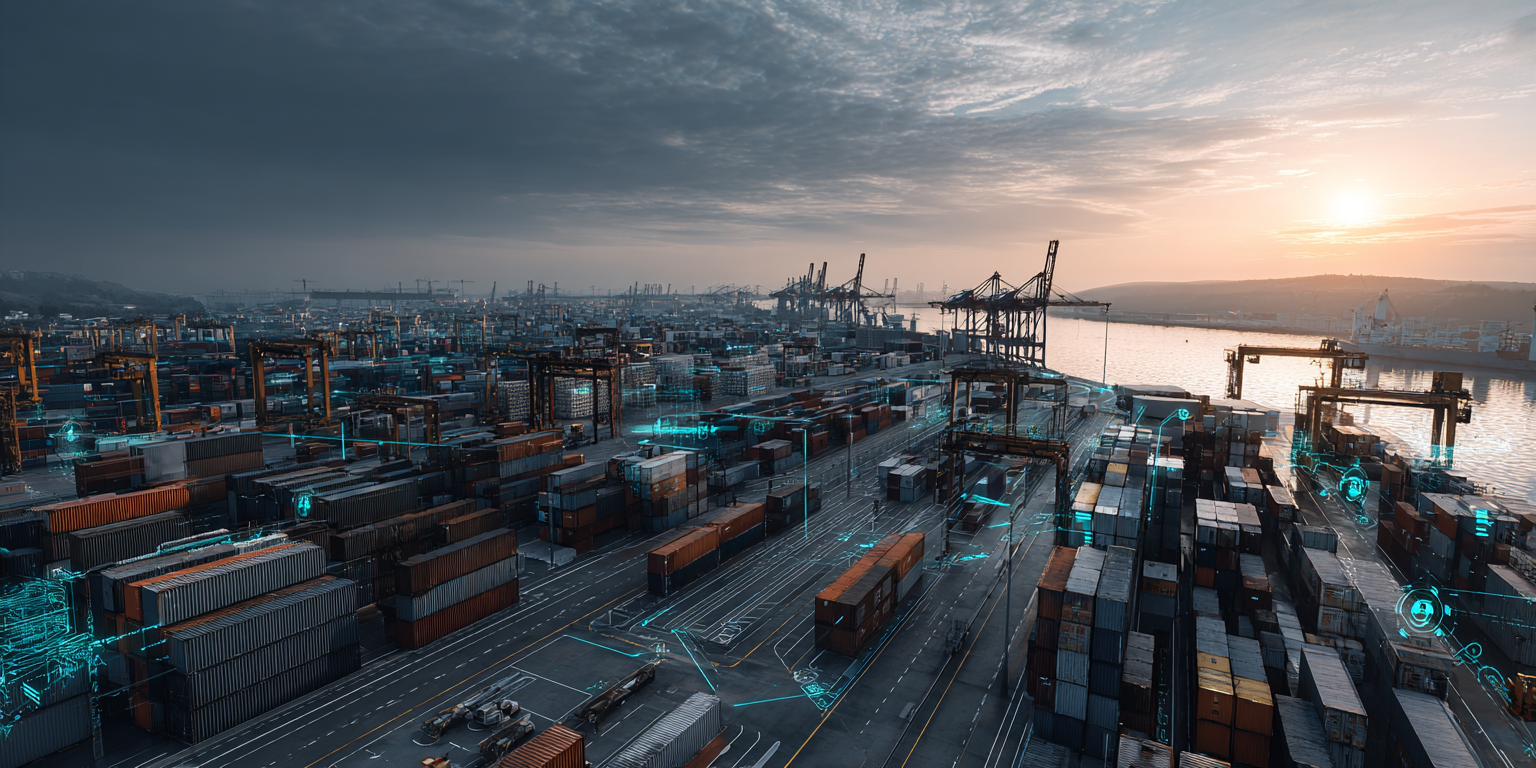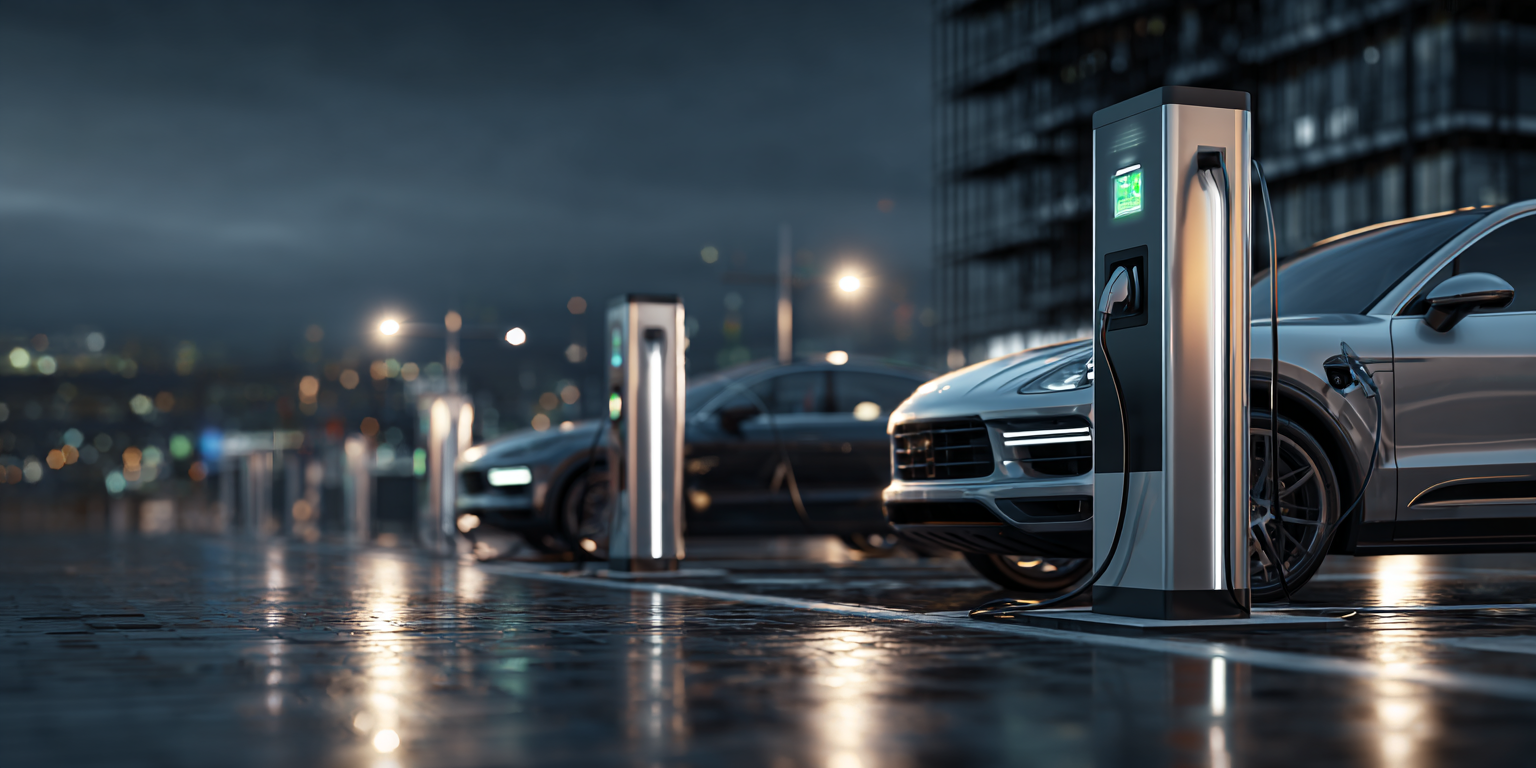IoT (Internet of Things) technology sits at the heart of the concept of smart cities: infrastructure and services that are interconnected to deliver a better environment and experience for residents and visitors.
Using IoT-connected devices distributed through different areas, municipal offices and other governing and planning bodies can make more informed decisions rooted in data.
For example, smart city initiatives can leverage IoT to collect and analyse data on traffic patterns, air quality, and public services, helping to enhance urban planning and improve living standards. Real-time monitoring allows authorities to respond swiftly to emerging challenges — such as identifying problem areas for traffic, helping to optimise waste removal, and monitoring utility services to ensure consistent service.
The waste management sector in particular has been transformed by IoT. Using connected sensors, waste management companies can set up alerts for smelly, full bins and optimise waste management routes and frequency, to maximise cleanliness while moderating fuel consumption and operating costs.
Introducing IoT sensors to vehicle and human traffic hotspots can also help by providing contextual data which can be used to improve safety (for example, by introducing speed restrictions or speed bumps in certain areas) or open the conversation about infrastructure (such as with public transport options, pedestrian areas, and more).
Keen to explore how IoT could be used to give your business a data-fuelled boost?
We’re happy to talk. Get in touch with one of our experts or read through our collection of IoT e-guides and solutions if you’d prefer to explore the possibilities on your own first.
Want to read about more ways IoT is transforming industries? Have a look at the other articles in the series: How IoT is changing the world for businesses — and beyond.




